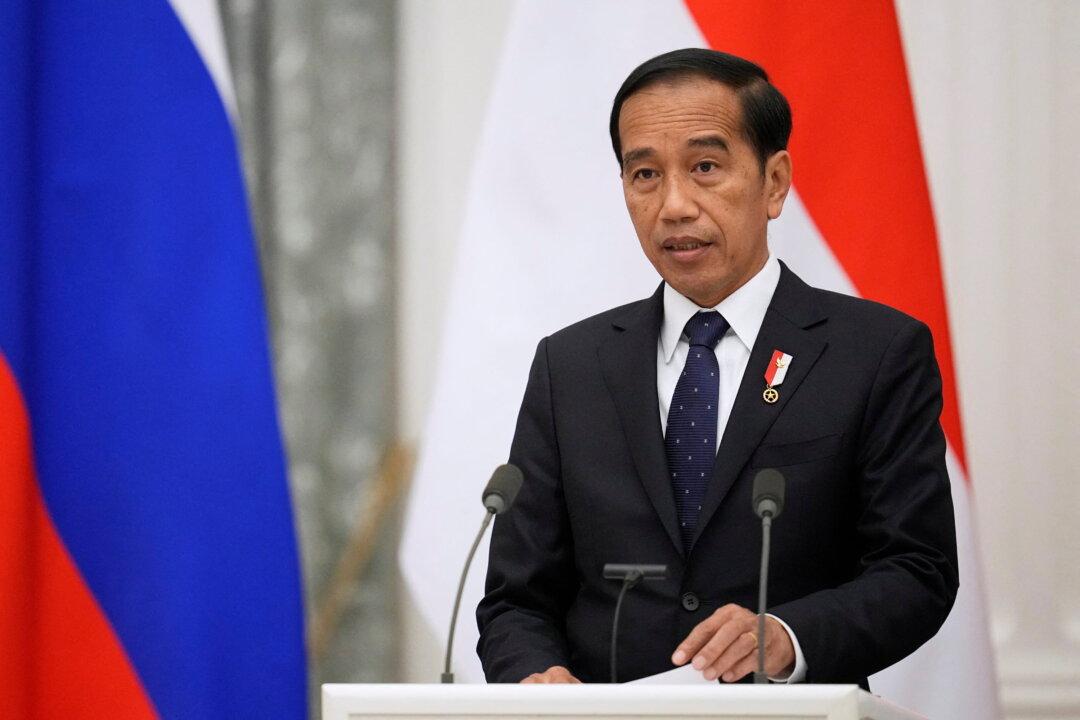Indonesian President Joko Widodo on Tuesday launched a program aimed at resolving past human rights abuses across the nation and providing restitution to victims through non-judicial means.
Widodo launched the program to implement recommendations of non-judicial settlements in the Pidie regency of Aceh Province, the first area where the program was launched, the Presidential Secretariat Office said.





